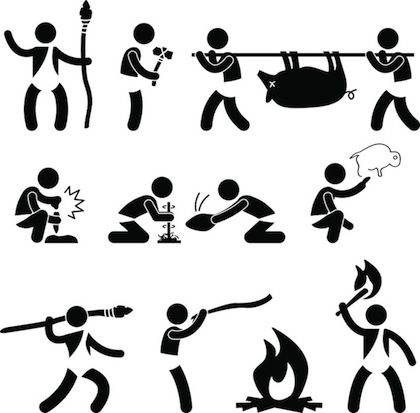I’m reading your mind here. I know you have a lot of questions about Paleo after our last article, Paleo Diet Breakdown – Simple Enough for a Caveman to Understand.
Here are answers to a few of the common ones:
Q- So why is grain such a big problem anyway?
A– There are 3 main problems with grain: Glucose, Gluten and Lectins.
Glucose- Grains are composed of carbohydrates. When we digest carbs they turn into glucose; a type of sugar. We burn glucose for energy. The problem comes when we eat too many carbs or don’t burn the glucose; then the glucose that isn’t used up ends up getting stored as fat.
Gluten- is a protein found in certain grains. It’s now being found that a large portion of the American population is gluten-intolerant (hence all the new gluten-free items popping up everywhere). Over time, those who are gluten-intolerant can develop an array of medical conditions such as: dermatitis, joint pain, reproductive problems, digestive problems and autoimmune disorders. Most people who are gluten-intolerant go undiagnosed.
Lectins- Like roses have thorns to defend themselves against predators; grains have evolved to contain natural toxins to defend them against consumption! These lectins give our intestinal tract a beating by not letting it repair itself from normal wear and tear.
Q- But then why is the government still recommending 6-11 servings of grain a day?
A –The government has been subsidizing corn farmers and condemning saturated fat, cholesterol and red meat over the last few decades. So it shouldn’t be a surprise why government research into the health hazards of grains has been slow coming.
Q- Where are we supposed to get our energy from if we’re barely eating carbs?
A- Remember, our bodies are designed to operate on a lower amount of carbohydrates than what we’re used to. Without excess carbs, our body will take our stored fat and burn THAT for energy (in a process called ketogenesis).
Q- But cavemen had short lifespans! We live way longer now.
A- Their short lifespan most likely had absolutely nothing to do with their diets but rather with the dangers of the times. Remember they didn’t have today’s medicine, technology or shelter. If they got hurt they most likely ended up eaten by a predator.
Q- No dairy? But don’t we need it for Calcium?
A- Diets containing high amounts of salt and grains induce increased acidity in body fluids. The body uses calcium to buffer these acidity levels. It is believed that without the proper level of Calcium, this increased acidity may contribute to the development of osteoporosis and renal stones. Paleo may not contain the high levels of calcium recommended in the U.S. to prevent these effects, however, with a Paleo diet you aren’t ingesting these acid creators to begin with.
Q- But how can you say food like rice is bad when it has been a staple food for centuries in the Asian cultures, and they are known for being among the longest-lived?
A- Up until recently, many East Asians didn’t eat a lot of refined grains, sugar or dairy products. Their traditional diets include a lot more fish and vegetables and are a lot more natural than the typical Western’s diet. Rice is usually rinsed a few times before cooking in order to get some of the starch out. Walking or riding a bike is also a more common means of transportation. And even though they may have longer lives, osteoporosis, arthritis, infections, premature graying and dental problems are also very prevalent in the elderly population.
OPPOSING VIEWS Critics have argued that if hunter-gatherer societies failed to suffer from “diseases of civilization”, it wasn’t necessarily due to a certain way of eating but other lifestyle factors that differ from that of the modern homo sapien, such as a lower calorie diet, more sun exposure (Vitamin D), and higher physical activity levels. Compared to ancestral humans, modern humans often have substantially less lean muscle, which is a risk factor for insulin resistance. Whether you agree with the Paleo diet or not there is one thing that is clear. Our Paleolithic ancestors were definitely healthier than us in a lot of ways. If you don’t think t Paleo is right for you, at least take away one thing from it. Natural is better. Try your best to stay away from processed and refined foods.
If you’ve tried everything else and can’t lose weight, have no energy or have digestive problems then what do you have to lose? Give Paleo a shot and see if it makes a difference.
Come back here after 30 days and let us know how it went in the comments!
Resources: Nerdfitness.com, Wikipedia, robbwolf.com





 Payments powered by:
Payments powered by:

